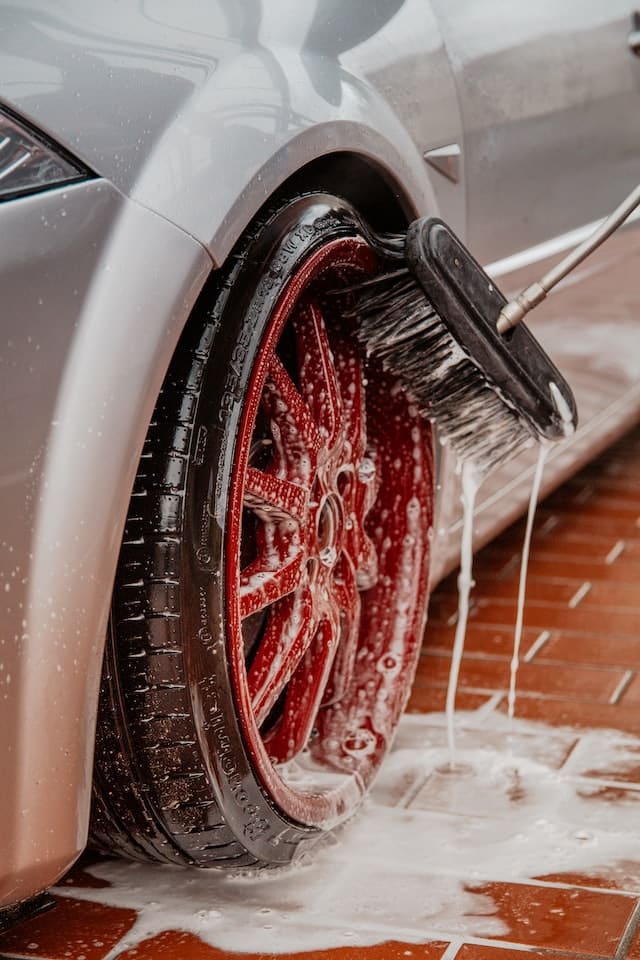There are several factors to consider when deciding whether to trade in your car. If you’re ready, here are 7 things to do before trading in your car:

- Clean the car inside and out: A clean car will typically be worth more than a dirty one. Make sure to vacuum the interior and wash the exterior.
- Gather all relevant documentation: This includes the title, registration, and any maintenance records you have.
- Repair any major issues: If your car has any major mechanical issues, it may be worth fixing them before trading it in. This could increase the value of the car and make it more attractive to potential buyers.
- Get an accurate estimate of the car’s value: Research the value of your car online using resources such as Kelley Blue Book or Edmunds. This will give you an idea of how much your car is worth and help you set a realistic price when negotiating with a dealership.
- Remove all personal items: Make sure to remove all personal items from the car, including any aftermarket installations or modifications.
- Consider selling the car privately: If you have the time and patience, you may be able to get a better price for your car by selling it privately rather than trading it in to a dealership.
- Shop around for the best deal: Don’t feel obligated to trade in your car to the first dealership you visit. Shop around to get the best price and terms.
Weighing the pros and cons before trading in your car
There are several factors to consider when deciding whether to trade in your car. Here are a few things to think about:
- Age: The age of your car can be an important factor to consider. As a general rule, cars that are more than 10 years old may start to require more frequent and costly repairs, which can make them less cost-effective to keep.
- Mileage: High mileage can also be a sign that it’s time to trade in your car. As a car’s mileage increases, it can start to experience more wear and tear and may require more maintenance.
- Condition: The overall condition of your car is also important to consider. If your car is in poor condition and requires significant repairs, it may be more cost-effective to trade it in for a newer model.
- Personal needs: Think about your personal needs and whether your current car meets them. If you need a larger vehicle to accommodate a growing family, for example, it may be time to trade in your current car for one that better fits your needs.
- Finances: Finally, consider your financial situation. If you’re struggling to make car payments or keep up with the costs of maintaining your car, it may be time to trade it in for a more affordable option.
